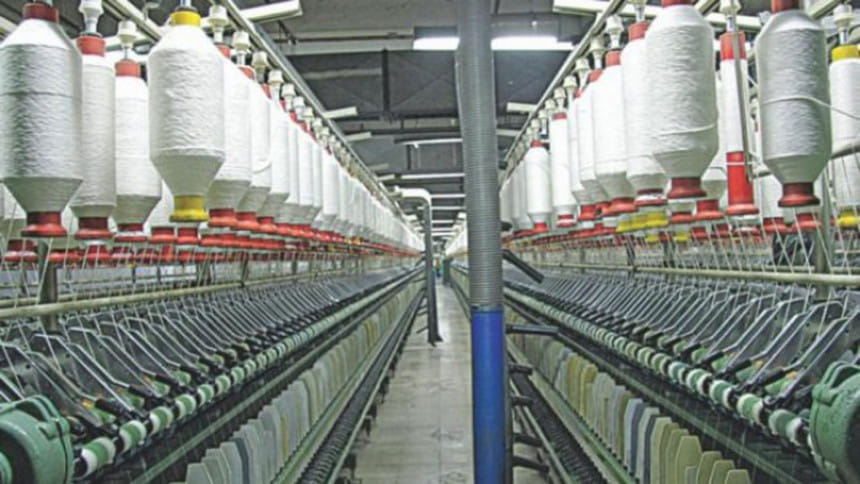Textile mills evaded taxes worth nearly 39 crore

In a report published by The Daily Star on Wednesday, it was revealed that 36 textile mills located in Narsingdi had evaded tax duties and VAT of nearly Tk 39 crore in the last five years. According to sources at the National Board of Revenue (NBR), these textile mills imported 30,350 power looms to make clothes under a one-percent concessionary duty benefit for capital machinery import. However, the owners of the mills neither set up the factories nor used the looms for production—around 84 percent of the machinery is suspected to have been sold in the local market, depriving the state from getting its due revenues.
At a time when Bangladesh is struggling with the after-effects of an unprecedented economic downturn as a result of the global coronavirus crisis, with the government spending billions of taka in the form of stimulus packages in efforts to keep our economy afloat, it is extremely disheartening to see this level of corruption at our local textile mills. This is not just revenue that is going into private pockets instead of government coffers. These duty benefits are in place to support local production and give Bangladeshi workers much-needed employment. Yet while the pandemic pushes the poor and extreme poor further into property, certain unscrupulous business owners continue to find ways to abuse the system and make a quick profit, even at the expense of others.
The pandemic has shown how crucial it is for the government to provide social safety nets to the most marginalised workers and communities in the country. However, this is only possible if the government has enough revenue to invest in social protections. Data suggests that Bangladesh's tax/GDP ratio is still extremely low and has actually fallen, from 11 percent in 2010 to 8.9 percent in 2019. If this lamentable ratio is to be improved, the authorities must bring legal proceedings against tax-evading businesses and hold them to account. There must also be a long-term commitment to dismantling the ties between corrupt businessmen and corrupt government officials, and to holding all tax evaders and their enablers to account, if we are to ever have a proper tax regime and fiscal revenue stream in Bangladesh.

 For all latest news, follow The Daily Star's Google News channel.
For all latest news, follow The Daily Star's Google News channel. 



Comments